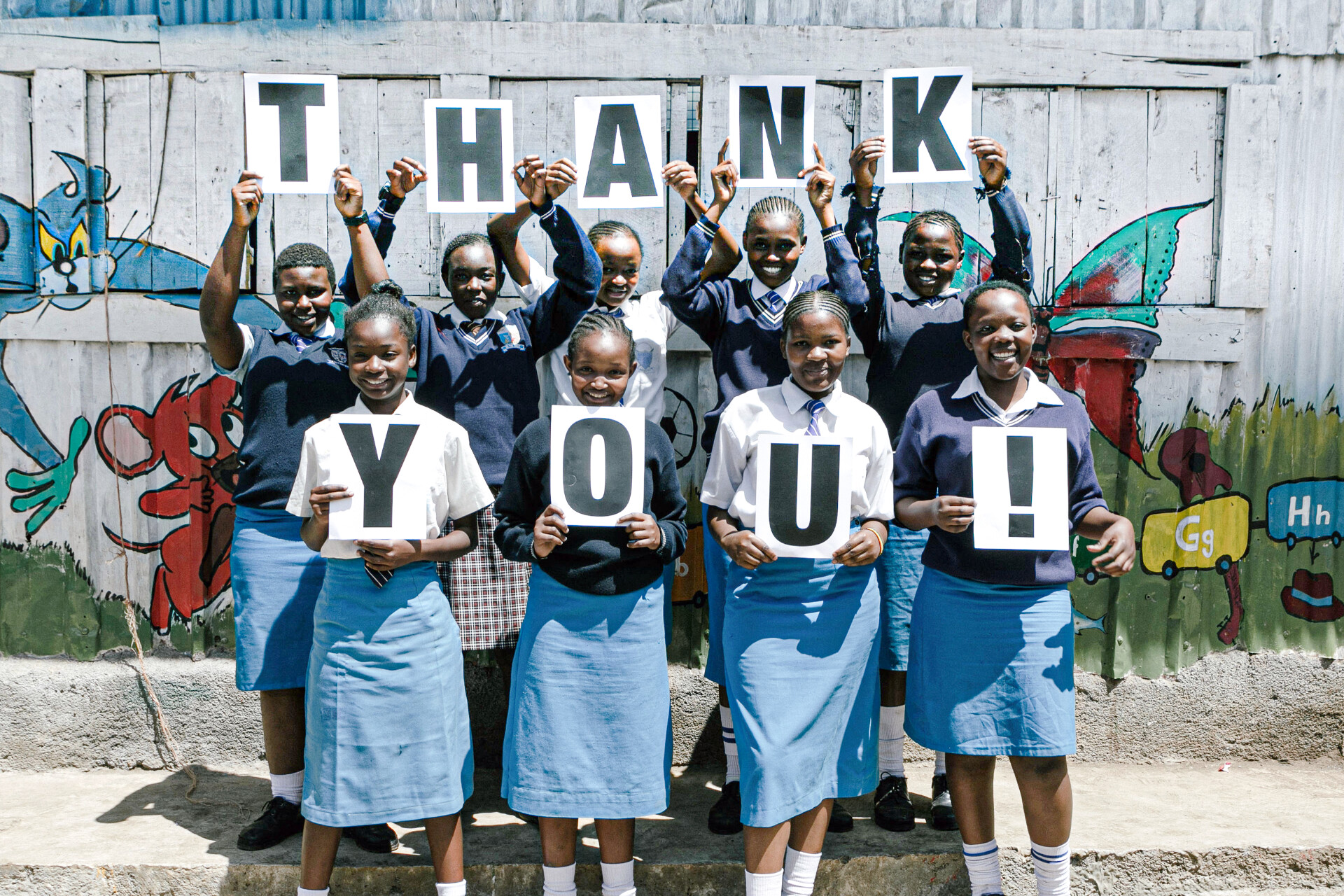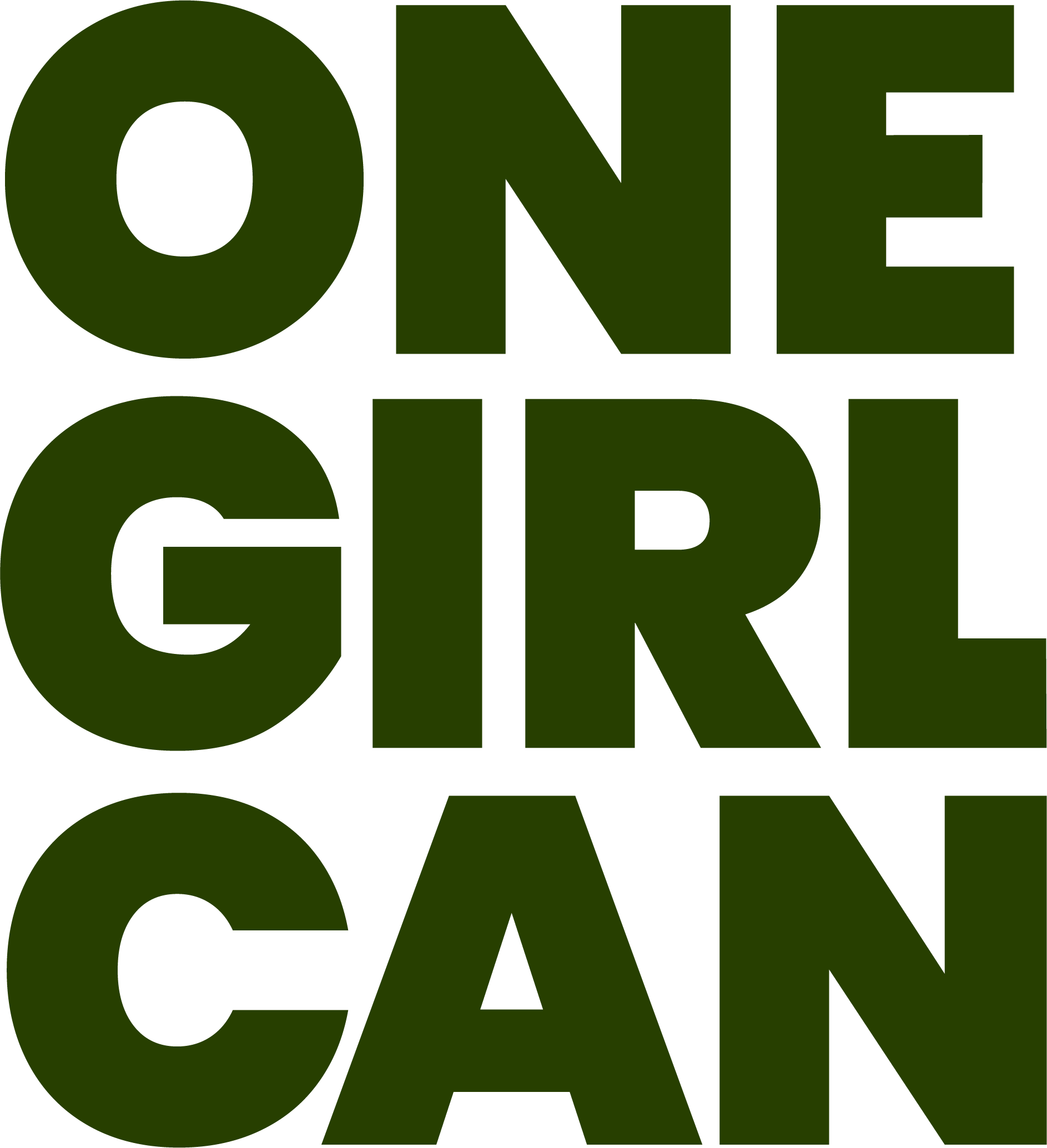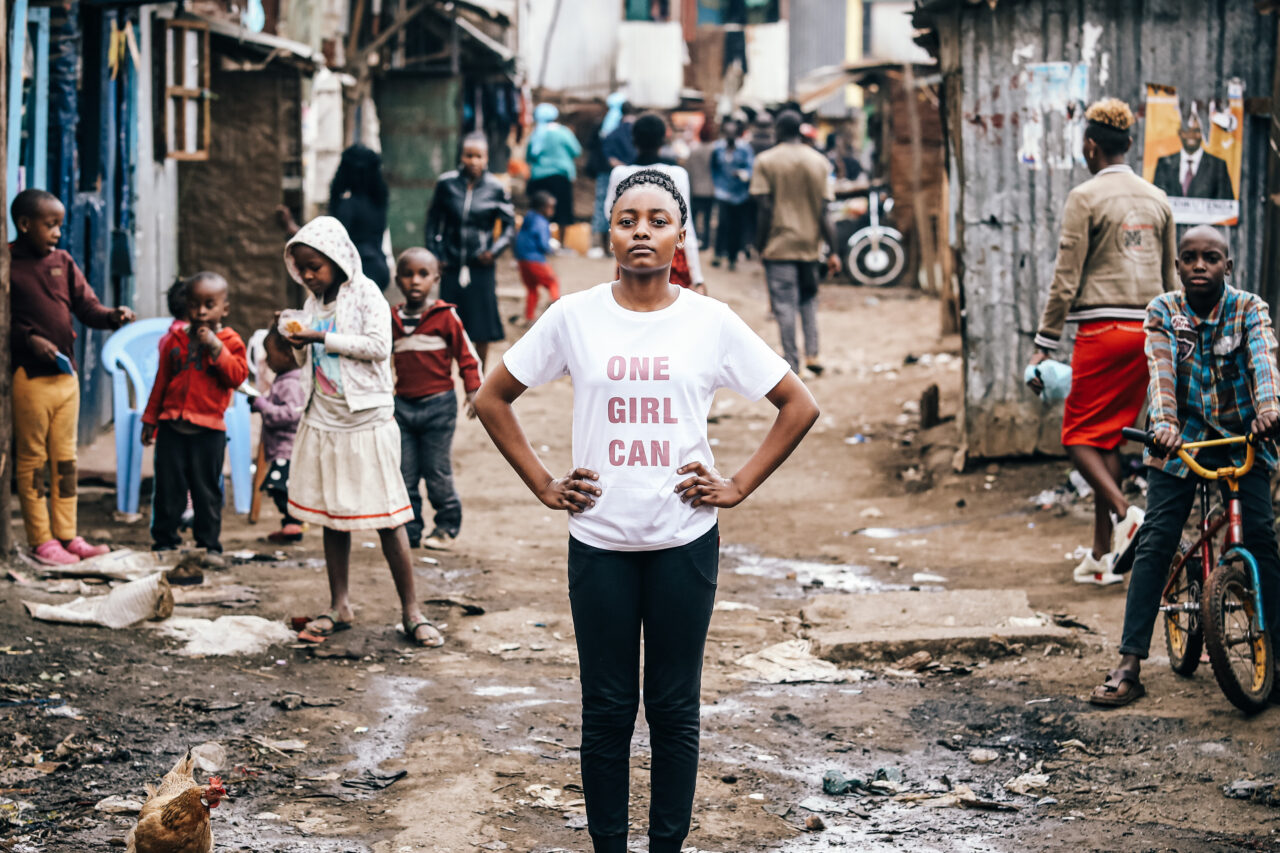 One Girl Can make a difference
One Girl Can make a difference
Poverty and Gender Inequality in Kenya
"You likely know Kenya as a beautiful safari destination, or for producing some of the world’s fastest marathon runners, but there is so much more to Kenya. Did you know that there are over 60 languages spoken in Kenya, or that the first woman to win a Nobel Peace Prize was from Kenya? Wangari Muta Maathai is the inspirational Kenyan woman who was an environmental, social, and political activist who won the Nobel Peace Prize in 2004 for her contribution to sustainable development, democracy and peace. The Kenyan Government criticized Maathai for her outspokenness, and her husband divorced her for being ‘too strong-minded for a woman’. Undeterred, Maathai continued to advocate for human rights, women’s rights, peace and democracy despite numerous arrests and threats. The Story of the Hummingbird is a reminder to all of us to take action and do our part. https://www.youtube.com/watch?v=IGMW6YWjMxw
Necessity
One Girl Can gives some of the world’s most vulnerable, high-potential girls in Kenya, a chance to rise above extreme poverty and gender inequality.
Activity
We educate, train and mentor girls in Kenya to reach their highest potential.
Countable effort
1/2 a day of high school to a girl in Kenya
Result
High school education is not free in Kenya therefore this will provide a girl with education she wouldn't otherwise receive.
Systemic effect
Provides girls in Kenya with opportunities to eventually earn a sustainable income for her and her family.
Background
A combination of gender-based discrimination, societal perceptions of gender roles, cultural practices, and poverty are root causes that may hinder a girl or a young woman’s ability to think about her own life goals and aspirations to pursue higher education and a professional career. Despite advances in opportunities to women in politics and economy, Kenyan girls and young women still face discrimination due to cultural practices, poverty, views on educating girls, and ethnic conflict. Kenya’s Women Empowerment Index (WEI) launched in 2020 shows that only 29% of Kenyan women were empowered and could participate equally in political, economic and cultural spheres. Young women are vulnerable to poor treatment within households and communities. Gender-based violence, early marriages and access to decent work are challenges in both rural and urban areas in Kenya. Educating girls is one of the most effective paths to ending poverty and gender inequality worldwide. When girls attend school and get a good education, they join the workforce, earn their own income, and assume positions of leadership in their communities. But it doesn’t end there. Women reinvest 90% of their income back into their families and communities. The Government of Kenya recently announced that they are no longer subsidizing high school and university education, which means further costs placed on already struggling families, making assistance in the form of scholarships more important than ever.
The good deed
One Girl Can gives determined girls a chance to complete their education so they can escape extreme poverty and reach their full potential. This supports the UN targets of ""providing quality education and promoting lifelong learning opportunities for all"". Through education, training, and mentoring, girls are empowered to achieve their goals, earn a meaningful living, and build better lives — for themselves, their families, and their communities. As part of UN Sustainable Development Goals under education, a target is to ensure that ""all girls and boys complete free, equitable and quality primary and secondary education leading to relevant and effecting learning outcomes"". Since secondary school is not free in Kenya, One Girl Can is able to support this target and goal by providing high school scholarships to girls who would not otherwise have the opportunity to attend secondary school due to the high cost of school fees.
Challenge
Kenya has the highest unemployment rate in East Africa, officially reported to be 6.7% as of September 2022, but unofficially it is recognized to be as high as 35-40%. As a result, it is challenging for young women to find meaningful work. Education can play a crucial role in reducing the high unemployment rate in Kenya as women gain skills to join the workforce and/or start their own businesses using the skills and knowledge they’ve gained through university and through our internship and entrepreneurial training programs that follow. Opportunities for women and girls to pursue and thrive in their careers are crucial to the advancement of women and their potential contribution to society. One Girl Can gives determined girls a chance to complete their education so they can escape extreme poverty and reach their full potential. Our goal for our GOOD DEED, is to support a full year of high school to a female student. Overall, our holistic model empowers girls from the time they leave primary school until they gain meaningful employment. Our vision is for every One Girl Can graduate to earn a meaningful living

About Kenya
Capital
of
Kenya
Nairobi
Population
Kenya
56,432,944
(2024)
Happiness Index
4.49 (2022)
Finland highest with 7.8
Afganistan lowest with 1.86
GINI Index
shows inequality between individuals
38.7
(2021)
Kenya is in the middle of the field
Kenya is known as “The Cradle of Humanity”. It holds some of the oldest human fossils ever discovered by paleontologists. Humanity’s earliest ancestors lived in the Olorgesailie region between 1.2 million and 500 thousand years ago in modern-day Kenya. The oldest known human fossil, the Turkana Boy, was found near Lake Turkana in Kenya. He is estimated to be roughly 1.5 million years old.
About the organization and further information

One Gril Can Society
Website
Further information and source
- • UN Women, SDG 4: Ensure inclusive and equitable quality education and promote lifelong learning opportunities for all.
- • UN Women, Why Women Earn Less: Gender Pay Gap and Labour Market Inequalities in East and Southern Africa.
- • McKinsey Global Institute, November 24, 2019, Report: The power of parity: Advancing women’s equality in Africa.




